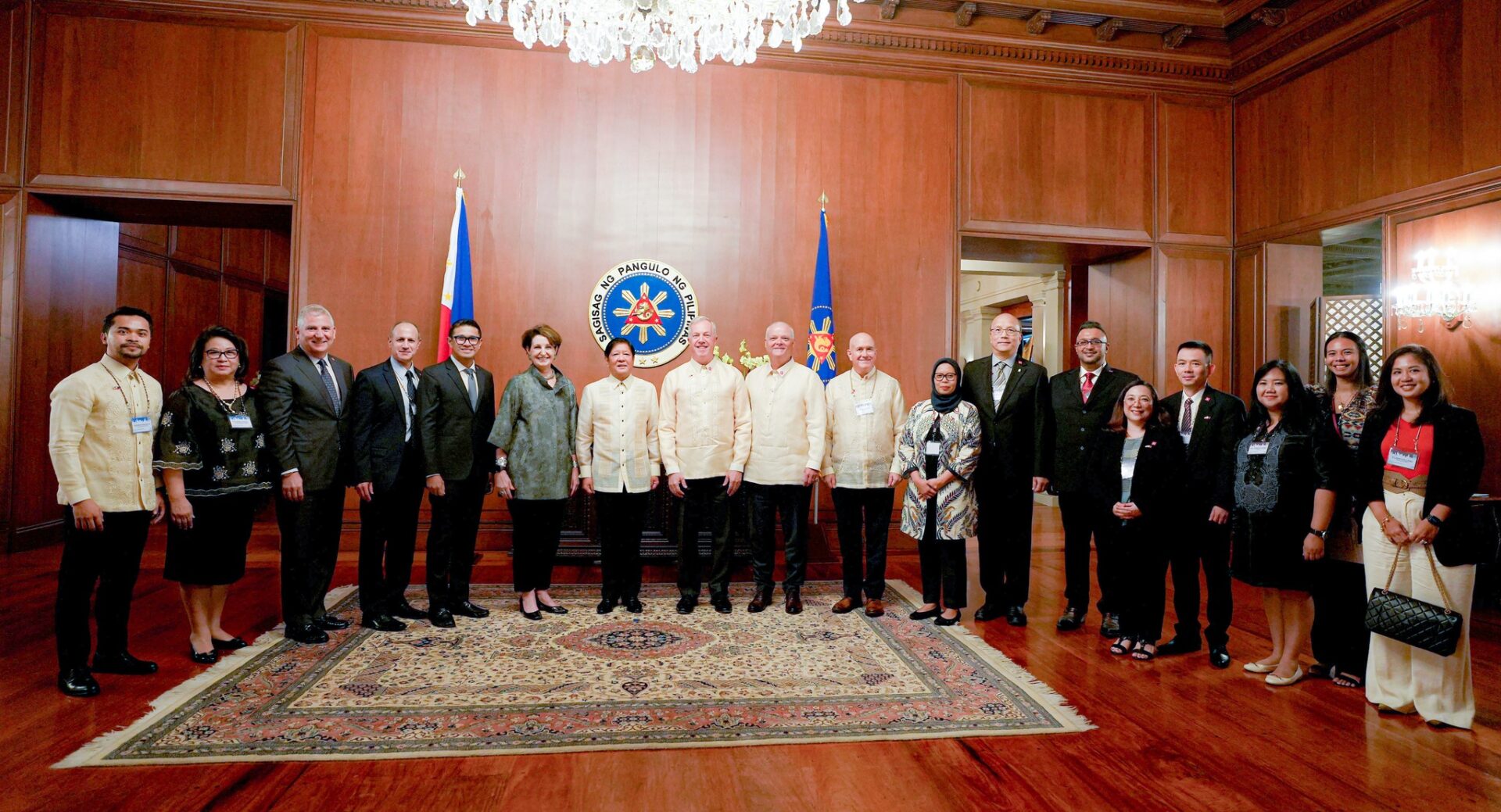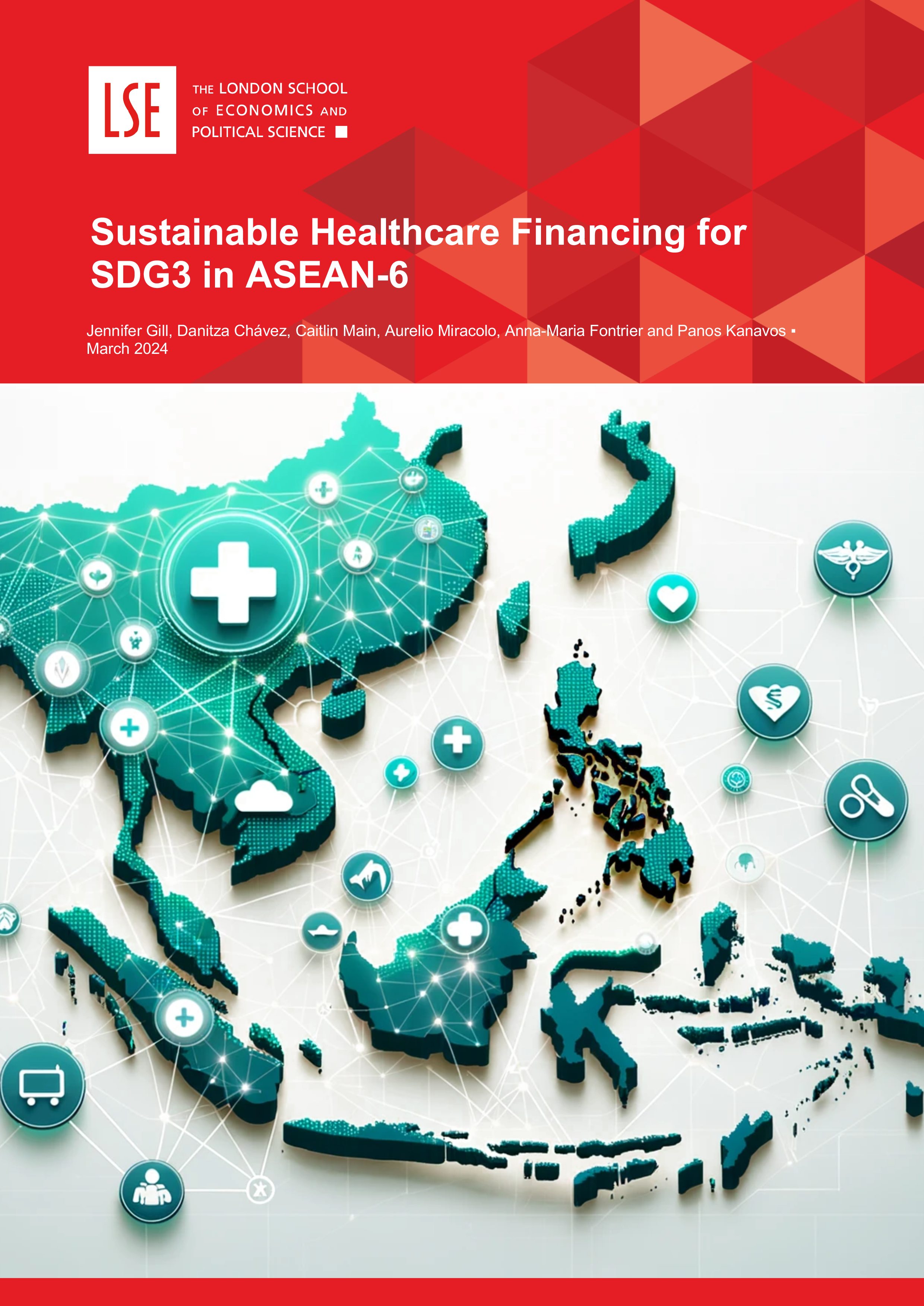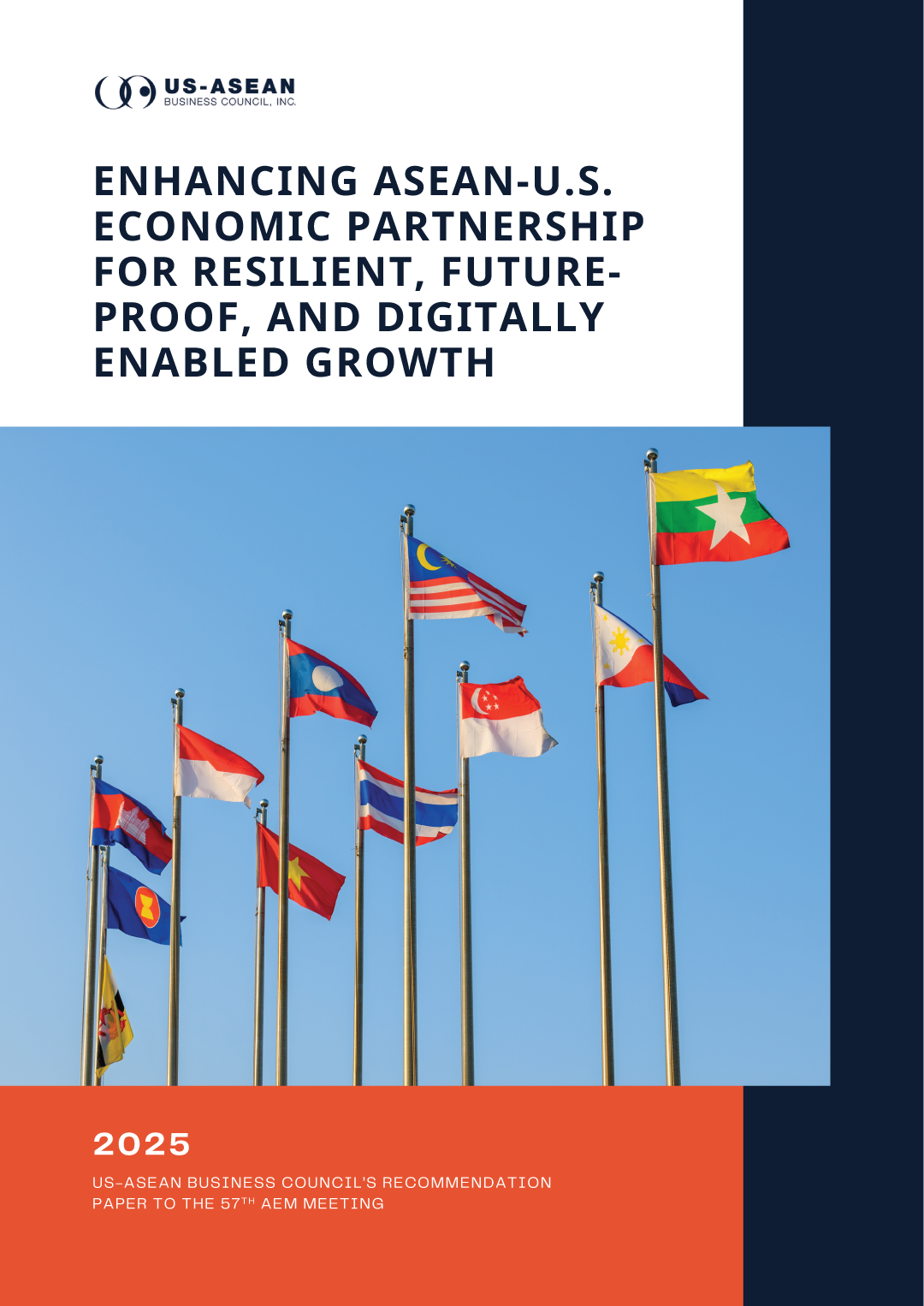Migrant Labor Conditions in the Supply Chain

In response to increased scrutiny from U.S. companies and renewed international pressure, Malaysia will review its labor exchange agreements with 15 nations from which it recruits low-wage workers. These countries include India, Pakistan, Bangladesh, Nepal, Vietnam, Thailand, and Indonesia. Exploitative and deceitful hiring and management practices have led to thousands of economic migrants, most of whom from South Asia, working without pay under forced conditions or even being sent to Malaysia only to find their promised jobs do not exist upon arrival.
Migrant labor is the main source of labor for Malaysia’s manufacturing and agricultural sectors, producing raw and semi-finished goods that supply larger multinational industries based in the United States and worldwide. A 2023 United Nations probe found a third of this workforce to be working under forced labor conditions. Internal audits by U.S. energy companies operating in the region found similar results regarding their suppliers’ factories last year as well.
The evident lack of improvement in migrant labor conditions has spurred national investigations in Malaysia. The results then led Labor and Home Affairs Minister Saifuddin Nasution Ismail and Human Resources Minister Steven Sim to revise the country’s agreements and oversight with labor-exporting countries. Settlements reached with those claiming unpaid wages have already reached 2.2 million ringgit ($467,687) with many cases still in process and investigations underway.








